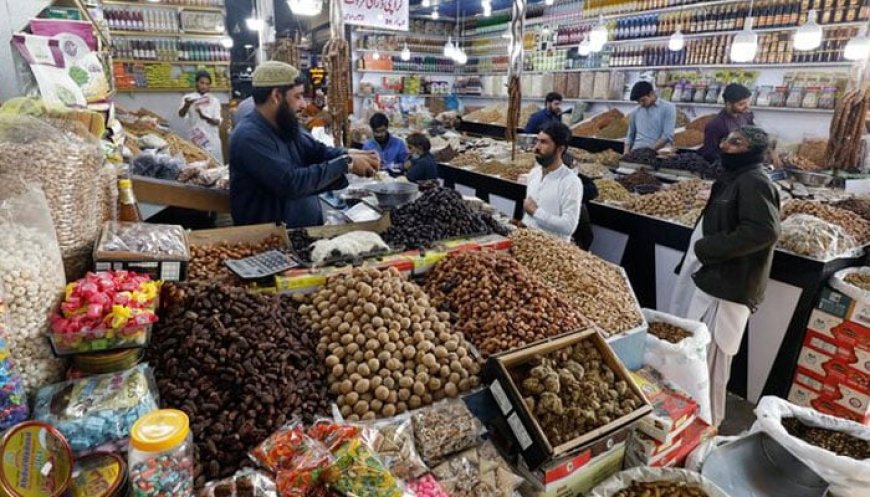Inflation vs growth: misplaced priorities

1.
Although the inflation rate for May has decreased to 11% from over 30% in May last year, the overall inflation for this fiscal year remains at 24%.
Our economic growth rate is a meager 2.2%, which is lower than the population growth rate of 2.55%. Last year, the economic growth rate was nearly zero. Consequently, Pakistanis have become approximately 3% poorer over the last two years. The impact of inflation has been even more severe for poorer Pakistanis. According to the World Bank, 90 million Pakistanis live below the poverty line, with another 10 million expected to fall below the line this year.
The two main reasons for the severe inflation over the past two years are the excessive printing of currency notes by our State Bank and rapid devaluation. The State Bank has had to print notes to finance the increasing federal deficits since the last NFC Award in 2010.
The rapid devaluation of our currency is due to the large foreign exchange loans our government must repay. These loans were taken not only to finance the trade deficit but also for numerous mega projects that have not generated any foreign exchange earnings. With these loans coming due and no new sources to finance the government’s habits and policy mistakes, our currency is losing value.
Inflation has also been exacerbated by significant increases in power and gas prices, making Pakistan's gas and power costs the highest in South Asia. Pakistanis now pay the highest proportion of their incomes on utility bills compared to any other nation in Asia. Despite two decades of efforts under various governments, we have not resolved the financial deficits in the power and gas sectors, which translate into circular debt or require government subsidies.
High interest rates have been used to reduce inflation, but they have stifled economic growth and suppressed investments. With over two million young people entering the labor market annually and negligible economic growth, overall employment has stagnated, increasing unemployment and poverty. The burden of reducing inflation has fallen on businesses and the unemployed, while government expenditures continue to grow, producing high deficits.
The private sector and taxpayers have borne the entire cost of reducing inflation from last year’s peak. Even though the May 2024 inflation figure is favorable, it is still in double digits, and one month does not indicate a trend.
With high inflation, negative per capita growth, increasing poverty, unsustainably high fiscal deficits, low tax revenues as a percentage of GDP, and dangerously high external and local debt, the government's actions are counterproductive.
The prime minister and cabinet members are in China to meet with Chinese leadership. They face issues like paying Rs470 billion (approximately $1.68 billion) in past dues to Chinese power producers. The IMF and World Bank want Pakistan to negotiate with China to reschedule payments due over the next five years to be paid over ten years. Despite financial difficulties, the government is seeking new project loans for Rs2,460 billion for a railway line from Karachi to Peshawar and a highway from Thakot to Raikot.
Is this the right time to borrow more foreign exchange for projects that are neither economically feasible nor will generate the foreign exchange needed to repay these loans?
There are also reports of the government planning "relief" measures in the budget. However, such relief is often funded by borrowing, which increases inflation, and typically benefits the politically powerful rather than the economically weak. The government is rumored to focus tax collection on the manufacturing industry and salaried employees rather than expanding the tax net to include large agricultural landlords or rich urban property owners. It may also impose an 18% sales tax on essentials like medicines and milk powder.
The government has not used the past three months to work with provinces to broaden the tax base, reduce expenditures, and adjust the NFC Award. As a result, the burden of taxation remains on the salaried and middle classes.
To resolve Pakistan's fiscal crisis, we must rethink our federal and provincial budget financing and bring equity to our tax regime. Until we tax the politically powerful and not just the salaried and middle classes, we will continue to face financial instability.


















































